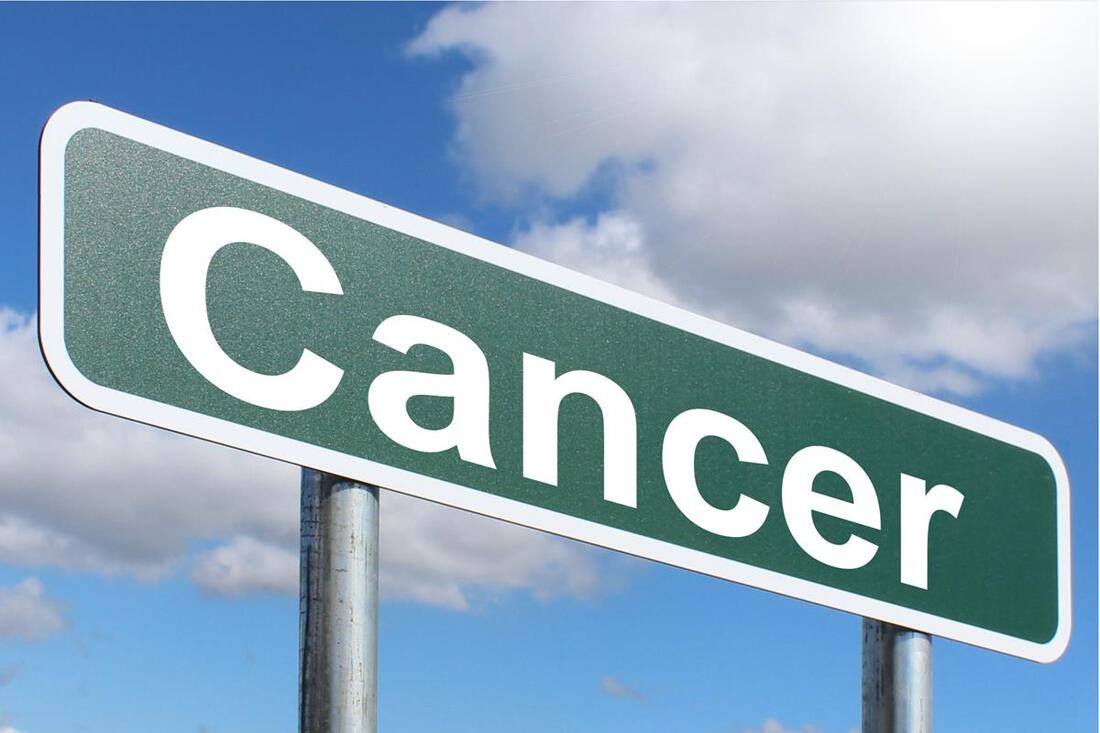|
When it comes to our health, knowledge and awareness can be powerful tools. Testicular cancer, although relatively rare, is a highly treatable form of cancer that primarily affects young men. By understanding the importance of self-checks and early detection, we can empower ourselves to take charge of our health and increase the chances of successful outcomes. In this blog post, we will delve into the significance of self-checks for testicular cancer, how to perform them, and why early detection is crucial for effective treatment.
Testicular cancer occurs when abnormal cells develop in the testicles, which are responsible for producing sperm and testosterone. It is most common among men between the ages of 15 and 35, but can affect males of any age. While it is a relatively rare form of cancer, early detection plays a pivotal role in achieving favorable outcomes. Regular self-checks enable you to become familiar with the normal size, shape, and texture of your testicles. By performing self-checks monthly, you can quickly identify any changes or abnormalities that may warrant further medical attention. It's important to note that most testicular lumps or swellings are not cancerous, but self-checks allow you to detect any potential concerns early on. Performing a testicular self-check is simple and can be done in the comfort of your own home. Here's a step-by-step guide: a. Take a warm shower or bath, as the warmth helps to relax the scrotum. b. Stand in front of a mirror and visually inspect your scrotum for any swelling or changes in size or shape. c. Cup one testicle with both hands, using your fingers to gently roll and examine the entire surface. d. Repeat the same process with the other testicle. e. Pay attention to any lumps, hardening, tenderness, or unusual sensations. f. If you notice any changes or concerns, consult a healthcare professional promptly for further evaluation. Remember, self-checks are not meant to provide a definitive diagnosis, but rather serve as an initial screening tool. If you notice any abnormalities, it is crucial to seek medical advice from a healthcare professional experienced in testicular conditions. They will perform a thorough examination, potentially order additional tests, such as ultrasound or blood tests, and guide you through the appropriate diagnostic process. Early detection of testicular cancer significantly increases the chances of successful treatment. If testicular cancer is diagnosed at an early stage, the survival rates are remarkably high. Effective treatment options may include surgery, chemotherapy, and radiation therapy, depending on the specific type and stage of the cancer. Timely intervention can minimize the potential need for more extensive treatments and reduce the impact on overall well-being. Raising awareness about testicular cancer and the importance of self-checks is crucial. By sharing this information with friends, family, and loved ones, you can help ensure that more individuals are equipped with the knowledge and tools to detect testicular cancer early. Supporting organizations dedicated to testicular cancer research and awareness, and participating in fundraising events, can also contribute to advancing the cause. Your health matters, and taking an active role in your well-being is essential. By conducting regular self-checks, being attentive to changes, and seeking medical advice when needed, you can become an advocate for your own health. Early detection of testicular cancer opens doors to timely treatment and increased chances of successful outcomes. Let's stand together in spreading awareness, empowering others, and promoting proactive health practices. Remember, self-checks are a simple yet powerful way to take charge of your health and well-being.
0 Comments
|

 RSS Feed
RSS Feed
